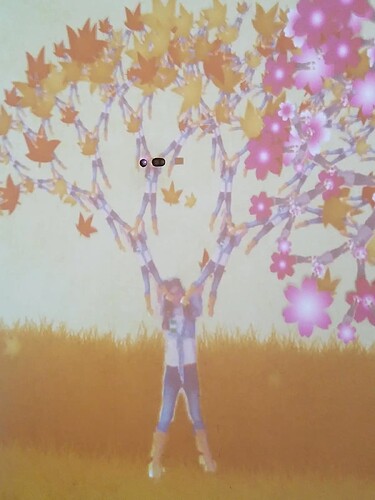Marie Waits by @dee_cooke
I chose this game first for two reasons (1) I’m a parser enthusiast, and (2) I liked Dee’s game from last year Things that Happened in Houghtonbridge. This is a short, lightly-puzzled story about a woman who finds herself in the clutches of some very bad people, from whom she must escape before something mysterious but likely awful happens. Unlike Houghtonbridge, which was Adventuron, this is an all-text barebones PunyInform game. The obstacles the player must overcome are pretty straightforward and not too hard, but the time limit gives it an urgency which actually works – it’s an incentive to be economical with turns, but it’s not so short that it feels frustrating. I’ll admit I ran out of time and had to back up to a save game, but only once, which is totally acceptable in my estimation. The implementation is pretty solid; there are a few places where things could be fleshed out with more text, and one minor bug that doesn’t affect gameplay, but nothing that detracts from enjoyment. To my taste, I’d like it a little harder and a little longer, but that’s not a knock on the game, that’s just me. In sum, it’s an enjoyable and well-done game that would be quite appropriate for beginners or those with a taste for lighter puzzling.
If this game were a tree it would be a dark foreboding tree of indeterminate type.
